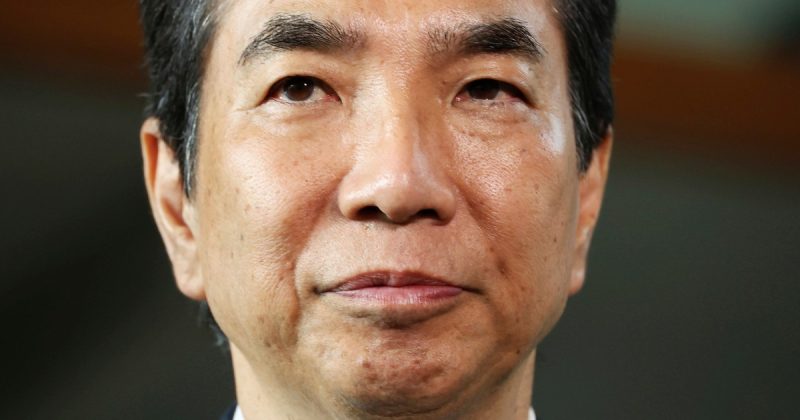
Japan’s Minister of Agriculture, Forestry, and Fisheries, Taku Eto, recently resigned following a public outcry over his comments regarding rice consumption. Eto’s admission that he’d never had to purchase rice, receiving it instead as gifts from supporters, sparked widespread outrage amidst a nation grappling with soaring rice prices.
This seemingly innocuous statement highlighted a stark disconnect between the political elite and the everyday struggles of ordinary Japanese citizens. The cost of rice, a staple food in Japan, has been steadily increasing for months, driven by a confluence of factors including inclement weather, the country’s protective policies for domestic farmers, and a surge in tourism.
The situation has put considerable pressure on Prime Minister Shigeru Ishiba’s government, which has been battling low approval ratings. The government’s attempts to alleviate the crisis, such as releasing government rice stockpiles, have had limited impact, leaving consumers frustrated and prices at record highs. A Kyodo News poll even revealed Ishiba’s cabinet support plummeting to an all-time low of 27.4%, largely attributed to the handling of the rice crisis and the rejection of consumption tax cuts.
The issue is further complicated by the unique structure of Japan’s rice industry. Production is heavily reliant on smaller farms run by an aging population, leading to inefficiencies and reduced output. Coupled with a strong preference for domestically produced rice and high tariffs on imports, this creates a particularly vulnerable market. The high tourist numbers, boosting demand further, only exacerbated the problem. Even the introduction of imported rice by some retailers is unlikely to significantly improve the situation due to consumer resistance to foreign rice.
Eto’s resignation serves as a stark reminder of the political ramifications of ignoring public concerns, particularly when dealing with essential goods like food. The rice crisis underscores a wider economic challenge in Japan: balancing the interests of domestic farmers with the needs of consumers facing rising inflation and a weakened yen. The incident has ignited a national conversation about the future of Japan’s food security and the need for more effective government strategies to address such crises.










